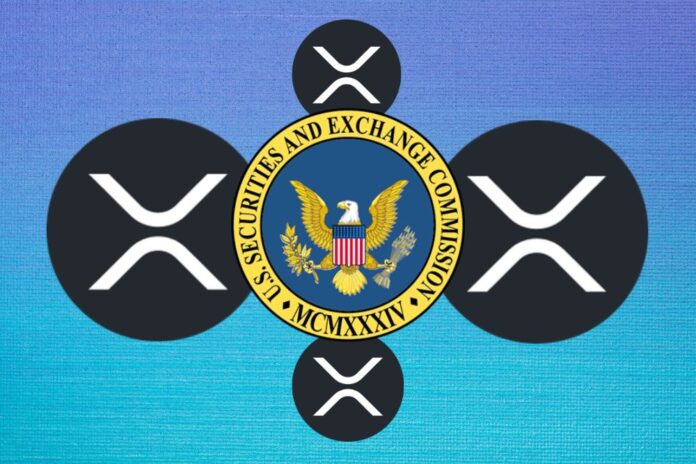Bill Morgan, an Australian lawyer, has taken to Twitter to share his opinion on the controversy over Judge Analisa Torres’s verdict in the lawsuit between Ripple and the United States Securities and Exchange Commission (SEC) over the security status of XRP.
Since the verdict on July 13, Judge Torres has been receiving criticisms from the losing party, the SEC. The criticism became more intensified after another Judge seemingly contradicted her decision in the SEC’s case against Terraform Labs and Do Kwon.
Read Also: Ripple CTO Analyzes Court’s Rejection of Judge Torres XRP Sales Distinction; Deaton Reacts
According to Bill Morgan in his thread of tweets, Torres’s choice to assess Ripple’s XRP sales individually aligns not only with the law but also with the SEC’s own classifications.
The more I read the Torres decision the more I struggle to see the error. The source of the error cannot be the different treatment of the 3 categories of sales. As Torres J. noted it was the SEC who categorised these three types of sales./1 pic.twitter.com/cchLpSt1y2
— bill morgan (@Belisarius2020) August 6, 2023
The SEC’s Complaints Examined
Taking to Twitter, Morgan embarked on a detailed thread dissecting the SEC’s complaints about Judge Torres’s ruling, highlighting that it was the SEC that initially proposed three distinct categories of XRP sales: institutional sales, private sales, and programmatic sales.
Morgan emphasized, “Ripple engaged in three categories of XRP sales and offers,” clarifying that these categories were not established by the judge but were, in fact, brought up by the SEC itself due to their distinctive characteristics.
Judge Torres’s Strategy
Elaborating further, Morgan defended Judge Torres’ decision to evaluate each category separately, citing the precedent set by the Marine Bank case. The ruling in this case mandates that each transaction be assessed based on its context, intent, and overall factual setting.
With this legal precedent in mind, Morgan argued that Torres’s approach of scrutinizing transactions in relation to the SEC’s defined categories was not only fair but also efficient.
Noteworthy Findings in the Analysis
Significantly, Judge Torres’s analysis uncovered substantial discrepancies within the defined categories. For instance, institutional buyers had formal contracts with Ripple, while programmatic buyers did not. Additionally, programmatic sales obscured the identity of buyers and sellers, unlike other types of transactions.
The judge concluded that there was no evidence indicating that Ripple had made any promises to programmatic buyers, nor did these buyers anticipate profiting from Ripple’s efforts.
The Role of the Investor
Morgan emphasized the importance of Judge Torres considering the viewpoint of the reasonable investor within each category.
By taking into account the actual facts of the case, the reasonable investor, a hypothetical legal construct, had differing expectations due to the evident disparities between the categories of Ripple’s sales and offers as defined by the SEC.
Read Also: Ripple CLO States Why XRP Security Status Remains Unchanged Despite Terra Case Ruling
Deaton Willing To Bet Significant Funds
Bill Morgan’s argument found solidarity in John Deaton, the Founder of CryptolawUS, who also applauded Judge Torres. Deaton echoed Morgan’s sentiments, emphasizing that the judge did not arbitrarily distinguish between the different sales categories.
Instead, Deaton said she based her ruling on the classifications outlined by the SEC and applied the Howey test, a crucial precedent used to determine if certain transactions qualify as “investment contracts.” Deaton expressed confidence, stating, “I’m willing to bet significant funds she doesn’t get reversed on appeal.”
Excellent 🧵 explaining that Torres didn’t make a distinction between the different sales out of thin air. She took each type of sale CHOSEN and DEFINED by the SEC and applied the Howey test. I’m willing to bet significant funds she doesn’t get reversed on appeal. https://t.co/5jAfwusrng
— John E Deaton (@JohnEDeaton1) August 6, 2023
As influential figures within the Ripple community rally behind this decision, the implications of this case continue to captivate digital asset enthusiasts and legal experts alike. Only time will reveal the unfolding of this gripping courtroom drama.
Follow us on Twitter, Facebook, Telegram, and Google News



